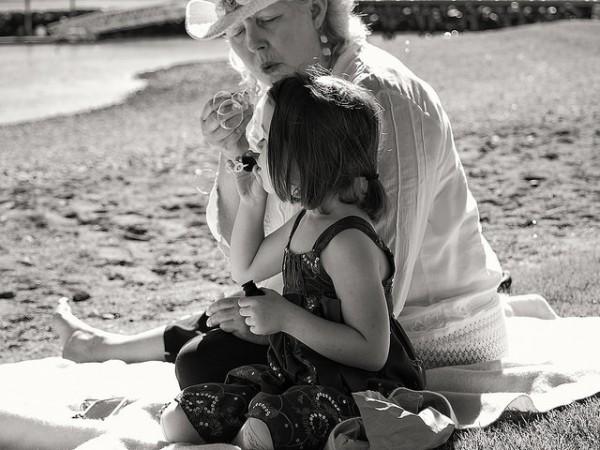
Attitude towards life rather than the actual age is more important while calculating the total years one lives on this earth.
A new study on 6,489 people has found solid evidence to show that feeling young at heart and having a positive attitude can help improve life expectancy.
Researchers from the University College London followed the participants, aged above 52, for a period of eight years.
Between 2004 and 2005, researchers interviewed the participants about their health, actual and self-perceived age, NHS Choices reported.
At an average age of 66 years, majority of the participants felt 57.
About 69.6% of the total participants reported feeling three or more years younger than their actual age, while 25.6% revealed resemblance in their actual age and self-perceived age. A minority of 4.8% reported feeling one year older than their chronological age.
Researchers tracked the participants until 2013. During the study period, 15.9% of the participants died.
Results showed that feeling older than actual age increased mortality risk by 41%, The Telegraph reported.
Death rates were higher among who felt older (24.6%) at heart than those who felt younger (14.3%) or their actual age (18.5%).
Researchers also found a direct link between feeling older than actual age and cardiovascular death.
"We found that self-perceived age predicted all-cause and cardiovascular mortality during the following eight years," lead author of the study Prof Andrew Steptoe told The Telegraph.
"Although baseline health, physical disability, and health behaviour accounted for some of the association, after adjusting for all covariates, there remained a 41 per cent greater mortality hazard in people who felt older than their actual age compared with those who felt younger than their actual age."
The study has been reported in the online edition of journal JAMA Internal Medicine.

















